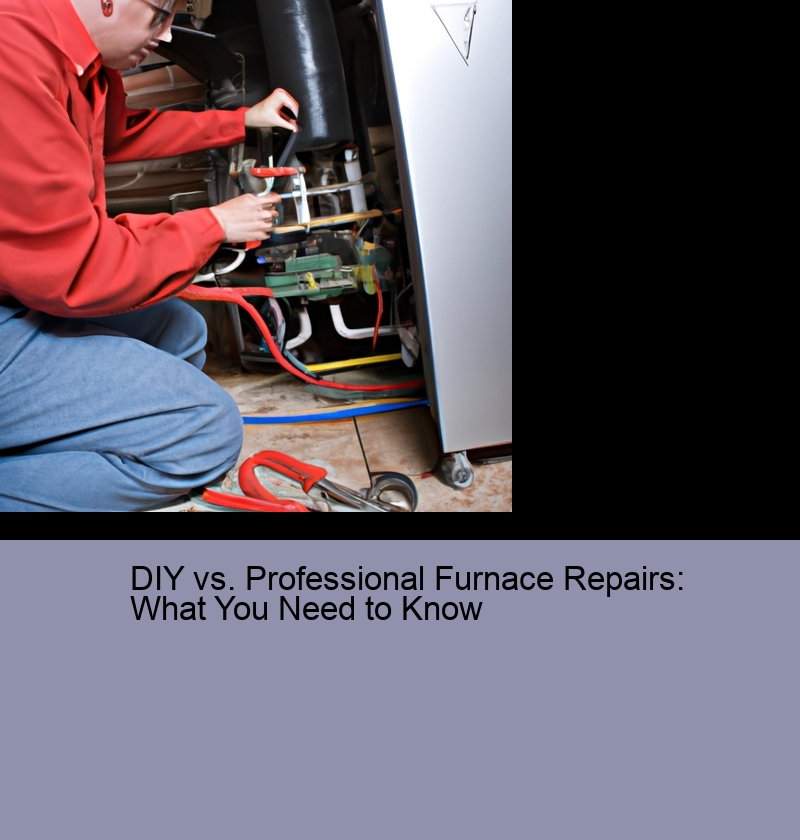DIY vs. Professional Furnace Repairs: What You Need to Know
Gas valve
When considering whether to tackle furnace repairs yourself or to call in a professional, there's a lot you need to keep in mind. First off, it’s essential to understand that not all fixes are created equal—some are indeed manageable for those with a knack for DIY projects, while others should be left strictly in the hands of seasoned experts.
For starters (and this is crucial), safety must always come first! Dealing with a furnace involves natural gas, electricity, and combustion processes; messing up could mean putting your home and family at risk. Carbon monoxide detector If you're not confident in what you're doing, do not try to wing it. There's no shame in admitting that some jobs aren't meant for amateurs.
Now let's talk about the simpler tasks: replacing filters, cleaning out vents, or dealing with minor thermostat issues. These are examples where rolling up your sleeves might save you some bucks. Most times, they only require basic tools and a bit of patience (and maybe a quick look at an online tutorial). But remember - even small mistakes can lead to bigger problems if you're not careful!
On the other hand (yes, there's another hand!), when it comes down to more complex matters such as repairing heat exchangers, dealing with faulty ignition systems or sorting out blower motor issues—that’s when it’s time to step back and consider calling professionals. They've got the experience, the right tools for the job and most importantly, they know exactly what they’re doing.
It's also worth mentioning warranties because who doesn't love 'em? Tinkering on your own could void any warranty on your furnace. And let’s face it – nobody wants that! Professional services usually offer guarantees on their work which means peace of mind for you.
Cost is another factor that can’t be ignored. Sure - hiring someone will likely cost more than doing it yourself (at least upfront). However! Consider long-term costs associated with potential mistakes made during a DIY attempt—those can add up fast and often surpass professional repair charges.
DIY vs. Professional Furnace Repairs: What You Need to Know - Zoning system
- Carbon monoxide detector
- Zoning system
In conclusion—weighing DIY against professional furnace repairs isn't straightforward; each route has its own set of pros and cons (as we’ve seen). It boils down to understanding your limitations and risks involved. If ever in doubt though—it might just be best (and easiest) to leave it up to someone who knows what they're about! After all, staying warm during those chilly months shouldn’t come with extra headaches or hazards(!).
So think carefully before diving into any repair job—and hey—if deciding between DIY versus professional help is too daunting...you could always go grab a blanket instead. Just kidding...or am I?
DIY vs. Professional Furnace Repairs: What You Need to Know - Gas valve
- Draft inducer
- hvac system
